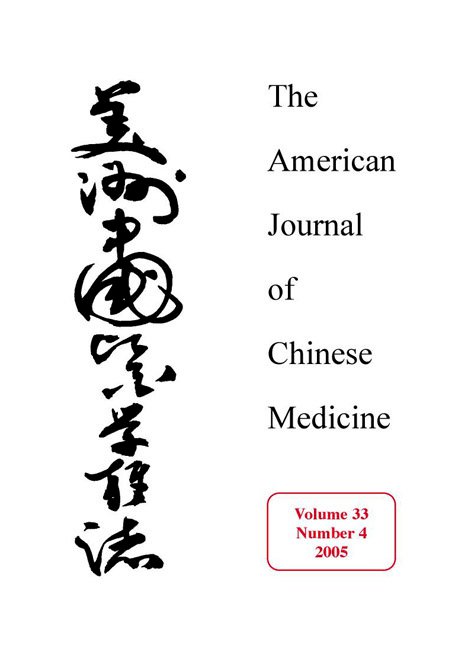"Tien-Hsien Liquid" Can Modulate Antigen-Stimulated Cytokine Production by T-Cells Isolated from Patients with Recurrent Aphthous Ulcerations
Abstract
Recurrent aphthous ulcerations (RAU) represent a common oral mucosal disease with altered humoral and cellular immunities. Tien-Hsien liquid (THL) is an extract of Chinese medicinal herbs with immunomodulating effects. Our previous study found that THL can modulate the antigen-stimulated proliferative response of peripheral blood mononuclear cells and T-cells isolated from RAU patients. In this study, we further tested whether THL can modulate the antigen-stimulated cytokine production by T-cells isolated from RAU patients. To achieve this goal, T-cells isolated from 19 RAU patients were incubated with phytohemagglutinin (PHA), glutaraldehyde-inactivated tetanus toxoid (TT), glucosyltransferase D (GtfD), or antigens of Streptococcus mutans in the presence or absence of THL. The levels of interleukin (IL)-2, interferon-γ (IFN-γ), tumor necrosis factor-α (TNF-α), IL-6, or IL-10 in the supernatants of T-cell cultures were measured by cytokine enzyme-linked immunosorbent assay (ELISA) kits. We found that THL significantly increased the PHA- or TT-stimulated TNF-α, IL-6, and IL-10 production by T-cells isolated from RAU patients. However, THL could also significantly decrease the TT-stimulated IL-2 production, the GtfD-stimulated IL-2, TNF-α, IL-6 and IL-10 production, and the S. mutans-stimulated IFN-γ, TNF-α, and IL-10 production by T-cells isolated from RAU patients. These results indicate that THL can modulate the antigen-stimulated cytokine production by T-cells isolated from RAU patients. Because RAU is probably a Thl-mediated disease with elevated levels of IL-2, IFN-γ, TNF-α and IL-6 in either the patient's sera or oral lesions and these increased levels of cytokines can be reduced by THL, we suggest that THL may be a potential immunoceutical agent for treatment of RAU.


